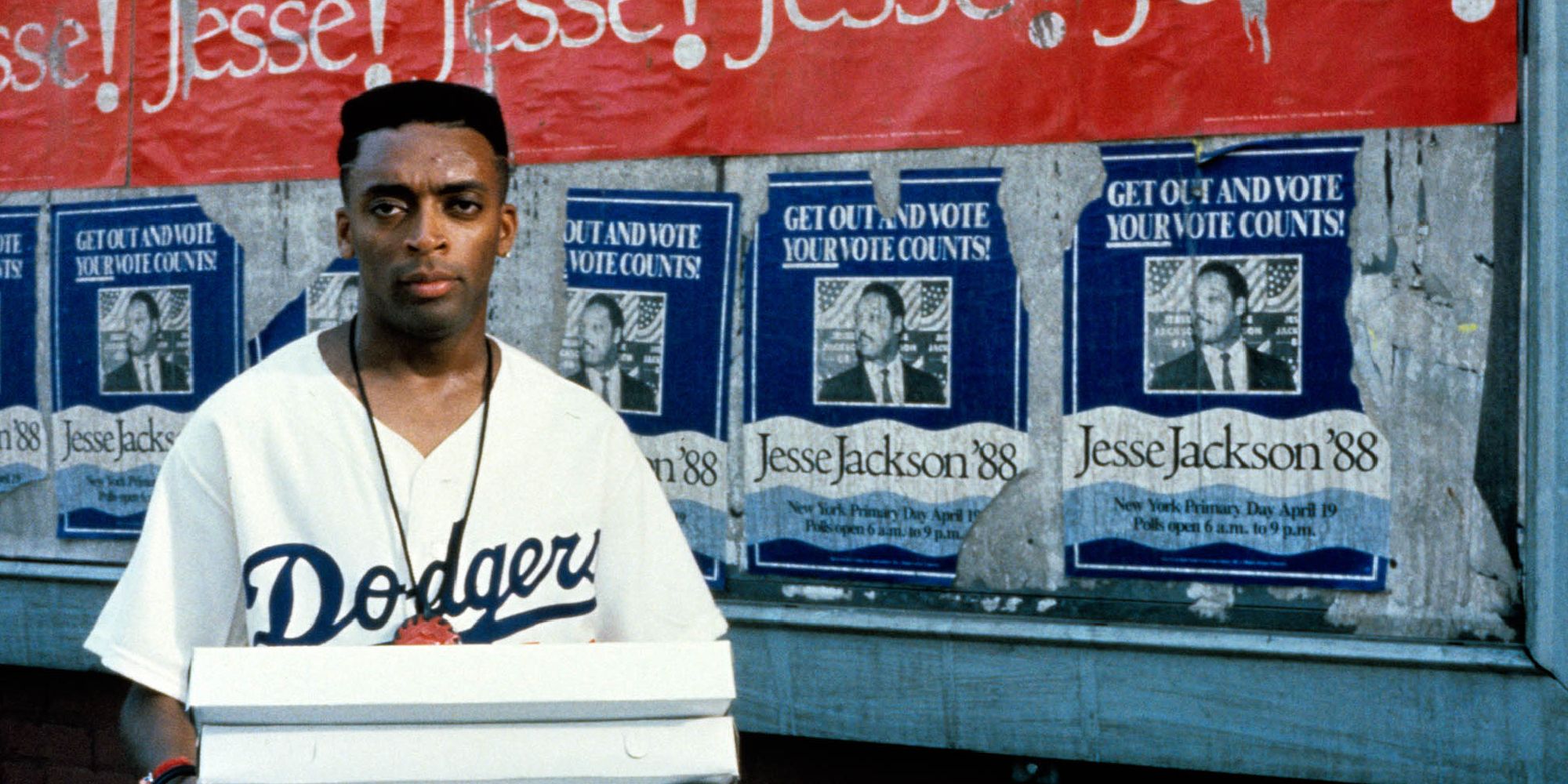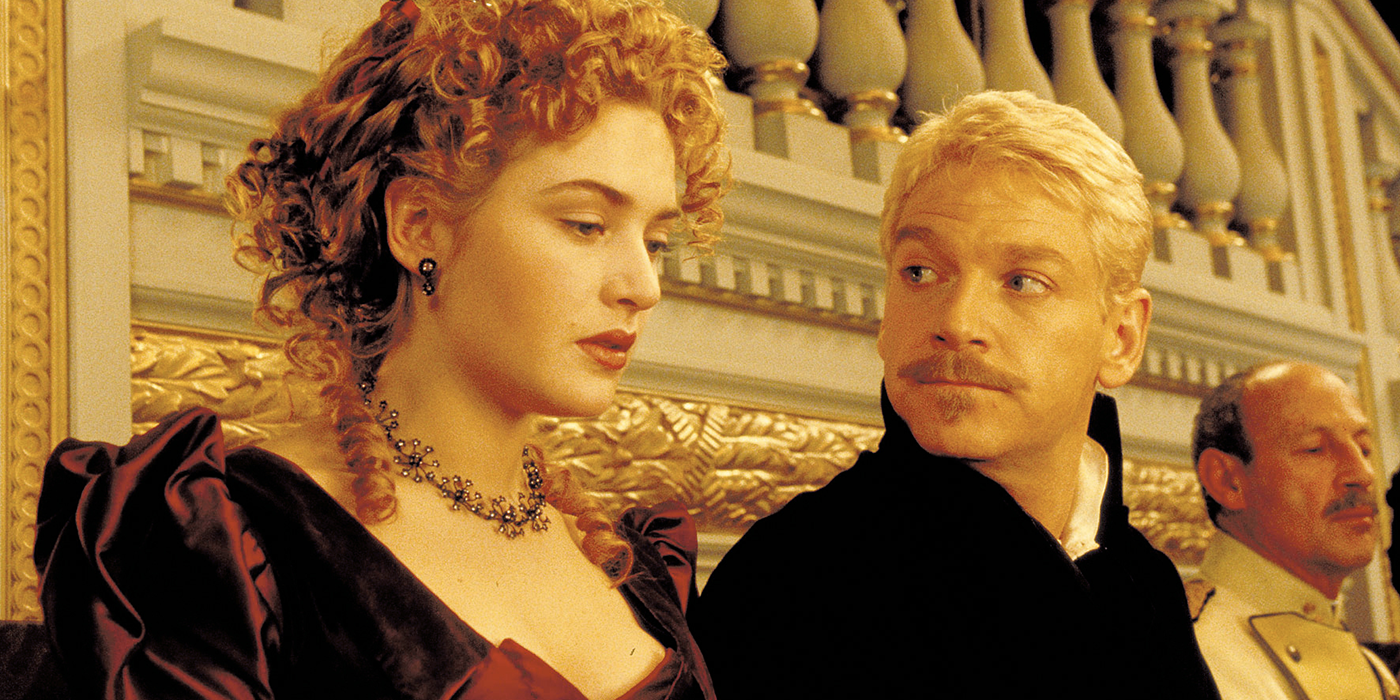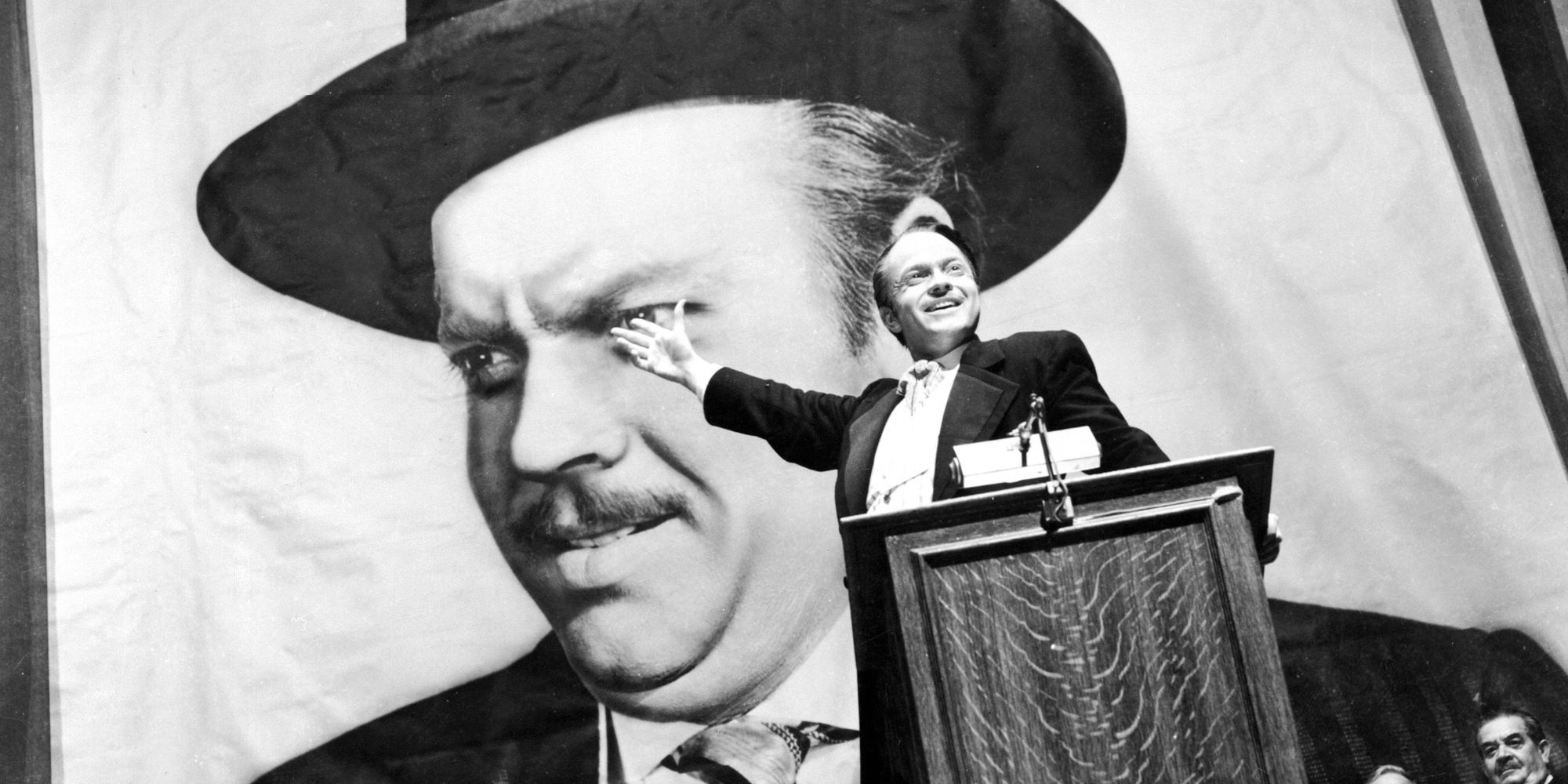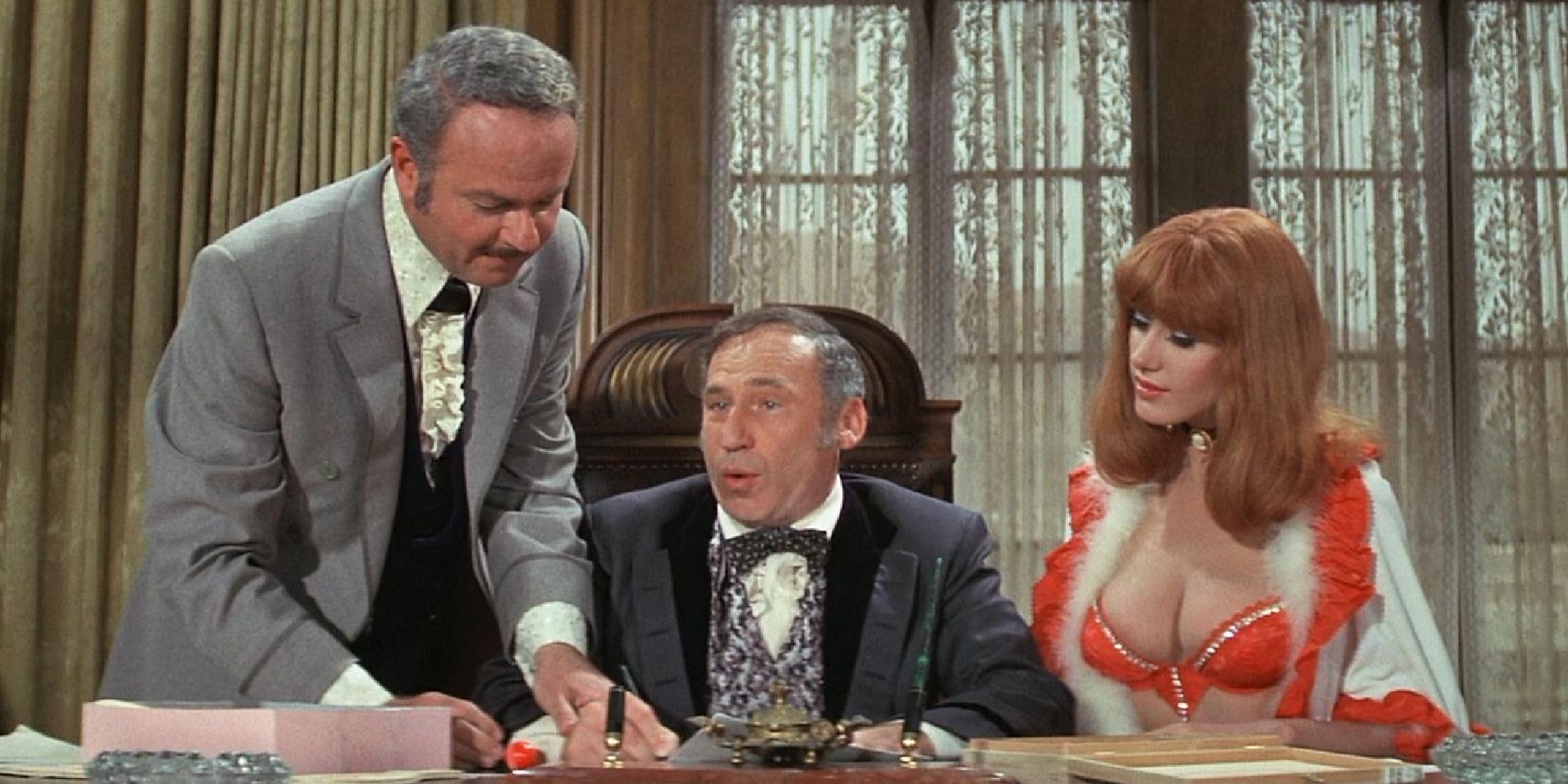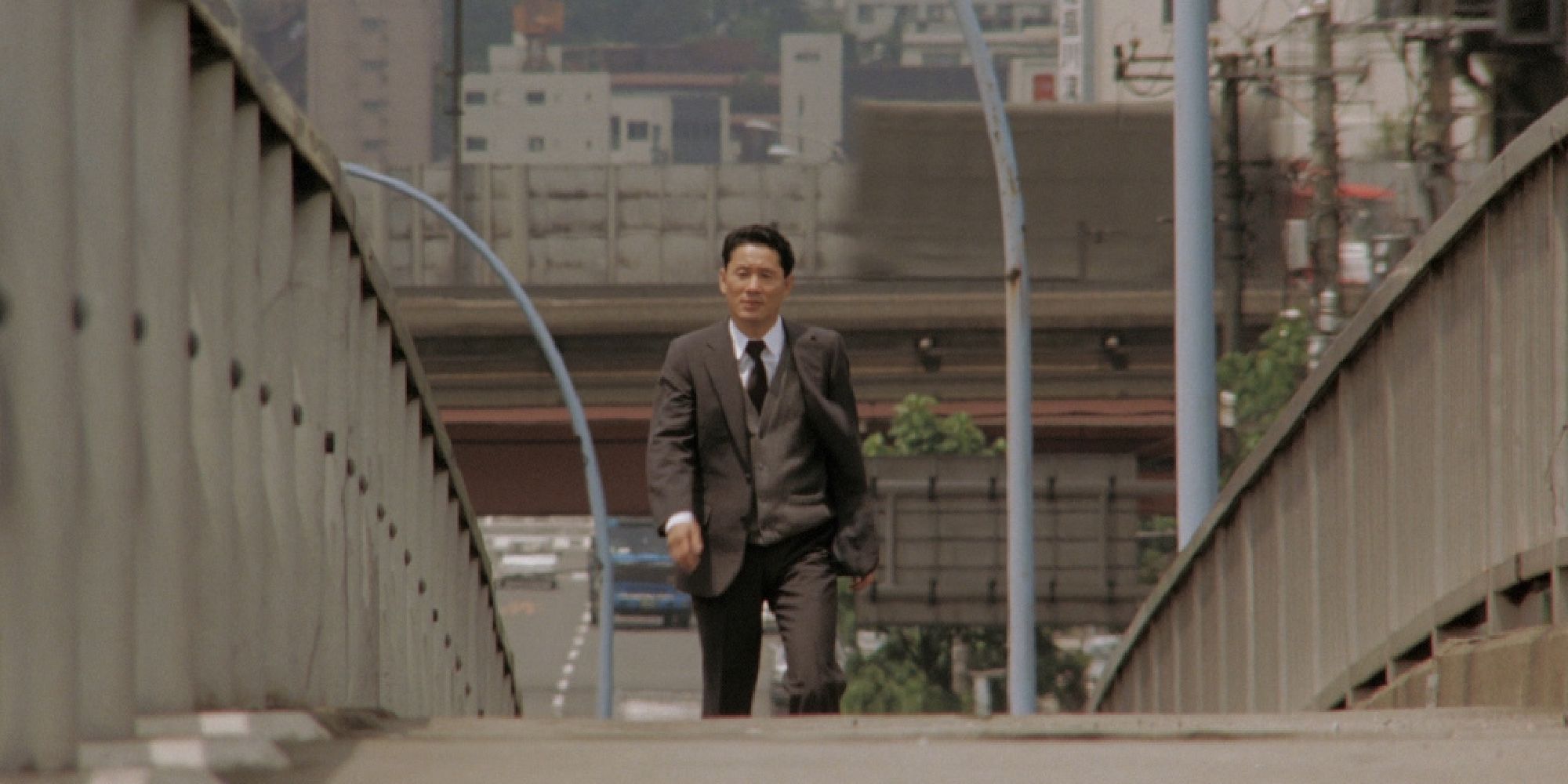Acting in a film and directing a film are two very different things. One involves being in front of the camera, capturing the essence of a character, and demonstrating to an audience as clearly as possible who that character is, why they act the way they do, and how they're feeling. The other task involves being behind the camera and overseeing numerous aspects of the film's production, including directing the actors.
This makes it all the more impressive when a single person can flawlessly pull off double duties, in a sense. Certain directors have all proven capable of directing themselves as actors in their own movies. To keep things interesting, this list will focus on directors whose roles go at least a little beyond cameos, so while someone like Alfred Hitchcock technically directed himself many times, he won't appear here.
Charlie Chaplin as Adenoid Hynkel and an unnamed Jewish barber — 'The Great Dictator' (1940)
Charlie Chaplin directed himself multiple times throughout his career. While he's perhaps most beloved for his acting - usually as his signature character, "The Tramp"—his talent behind the camera was just as important. His films likely wouldn't have been as funny, emotional, or memorable without his non-acting talents.
The Great Dictator may not be his absolute best film, but it's up there. Importantly, it probably best showcases his acting talents, given he takes on two roles, playing the movie's protagonist and its antagonist. It's also perhaps his most ambitious film as a writer-director, given how it tackles war, fascism, and prejudice while still delivering on the comedy side of things that Chaplin's best known for. The Great Dictator almost feels like a one-man show as a result, and it's a great one.
Martin Scorsese as Passenger Watching Silhouette — 'Taxi Driver' (1976)
Martin Scorsese has directed himself in a handful of cameos throughout his filmmaking career, but no role he's given himself has been as memorable as his turn in Taxi Driver. Despite not having a name and being credited as "Passenger Watching Silhouette," his one scene still creates a massive impact.
He plays one of protagonist Travis Bickle's passengers in his taxi and leaves an impression because of how quietly angry and menacing his character is. Bickle himself is similarly tortured and shares the violent thoughts that Scorsese's passenger expresses. It's a scene that makes Bickle realize he's not alone and likely contributes to his further emotional and mental deterioration, perhaps even laying the groundwork for Bickle's shocking acts of violence towards Taxi Driver's ending.
Woody Allen as Alvy Singer — 'Annie Hall' (1976)
Admittedly, Woody Allen often seems to play himself in his movies, but Annie Hall is the film where he acts as himself the best. The film is down-to-earth and remarkably funny, with its insights into relationships, love, selfishness, and social anxiety still ringing true decades after its release.
Diane Keaton might give the film's best performance, but Allen holds his own fairly well. Perhaps what makes his role here, as a character who's essentially himself, work so well is that Annie Hall feels more personal than many of his other films. In confronting and laying bare his thoughts and anxieties in a strikingly personal way, Annie Hall is the film where Allen is at his best as an actor.
Spike Lee as Mookie — 'Do the Right Thing' (1989)
While most summer films capture the hottest months of the year in a laid-back, breezy way, Spike Lee's Do the Right Thing takes an entirely different approach. In this film, the hottest day of the year is the breaking point for a collection of characters in a Brooklyn neighborhood, as tensions boil over and things explode into violence and tragedy.
Spike Lee's direction is the most impressive aspect of this film, as it's perhaps the best work he's ever done as a director. Do the Right Thing lives on as a timely and powerful film because of his work behind the camera, but he's also quite good in front of the camera, playing the film's main character, Mookie. He works well as a protagonist who's there to observe the film's world and give a viewpoint into it. While the supporting characters may prove to be more memorable, Spike Lee's performance grounds the film and ties it together, just as Lee similarly manages to do behind the camera as a filmmaker.
Kenneth Branagh as Prince Hamlet — 'Hamlet' (1996)
Kenneth Branagh often shows up in movies he doesn't direct, and he has directed films that he didn't ultimately star in. But he's certainly no stranger to pulling double duties. He has often done so in his multiple Shakespeare adaptations, going so far as to play the protagonist on a number of occasions, too.
His best work as a director and actor probably comes from the notoriously death-filled (and very, very long) Hamlet, which he adapted as a four-hour epic in 1996. The ambitious film presents the entire play unedited. On top of being Hamlet himself, Branagh also had to direct a staggeringly large number of actors, which he does exceedingly well. The fact this take on Hamlet works at all is impressive and is a testament to Branagh's ability to act while also directing.
Orson Welles as Charles Foster Kane — 'Citizen Kane' (1941)
No list tallying impressive feats of directing plus acting at the same time would be complete without mentioning Orson Welles playing the main character in Citizen Kane. This untouchable classic was Welles' first movie, and somehow he managed to create one of the most distinctive films in the history of American cinema, all while in his mid-20s.
Maybe its reputation precedes it, and some viewers will come away from Citizen Kane a little underwhelmed, considering how frequently it's raved about. But no matter what, anyone would agree that Welles' innovation and confidence behind and in front of the camera in Citizen Kane is staggering. Considering its historical value, it might be the definitive example of a director perfectly directing themselves in their own film.
Mel Brooks as Governor Le Petomane — 'Blazing Saddles' (1974)
Mel Brooks often gave himself supporting roles in his films, with his role as a bumbling governor (plus a couple of additional cameos) being one of his best. It's also the case that Blazing Saddles is—perhaps not coincidentally—his funniest film, with its hilarious and boundary-pushing comedy making it one of the most unique westerns of all time.
It should also be noted just how convincingly Brooks makes this look like a traditional western. He did a similar thing when it came to mirroring the style of old horror movies in Young Frankenstein. It's those surprisingly strong visuals, still hilarious humor, and engagingly wacky performances in front of the character that makes Mel Brooks a singular talent.
Takeshi Kitano as Azuma — 'Violent Cop' (1989)
Takeshi Kitano was a comedian and actor for many years in Japan before he started directing his movies; in the process, becoming something of a cult filmmaker even recognized outside of Japan. Violent Cop was the first movie of his that he both directed and starred in, and it remains one of his best.
Unsurprisingly, he plays a violent cop, one who makes Harry Callahan (AKA Dirty Harry) look tame in comparison. There's a strange, detached style to the film; sometimes, it's darkly funny, and sometimes, it makes it feel tense and uneasy. Kitano's unique sensibilities and unconventional talents are on display here and applied equally to the acting and directing, with an undeniable synergy to the entire film. It's a bleak, strange, violent film, but unlike much else out there.

.jpg)
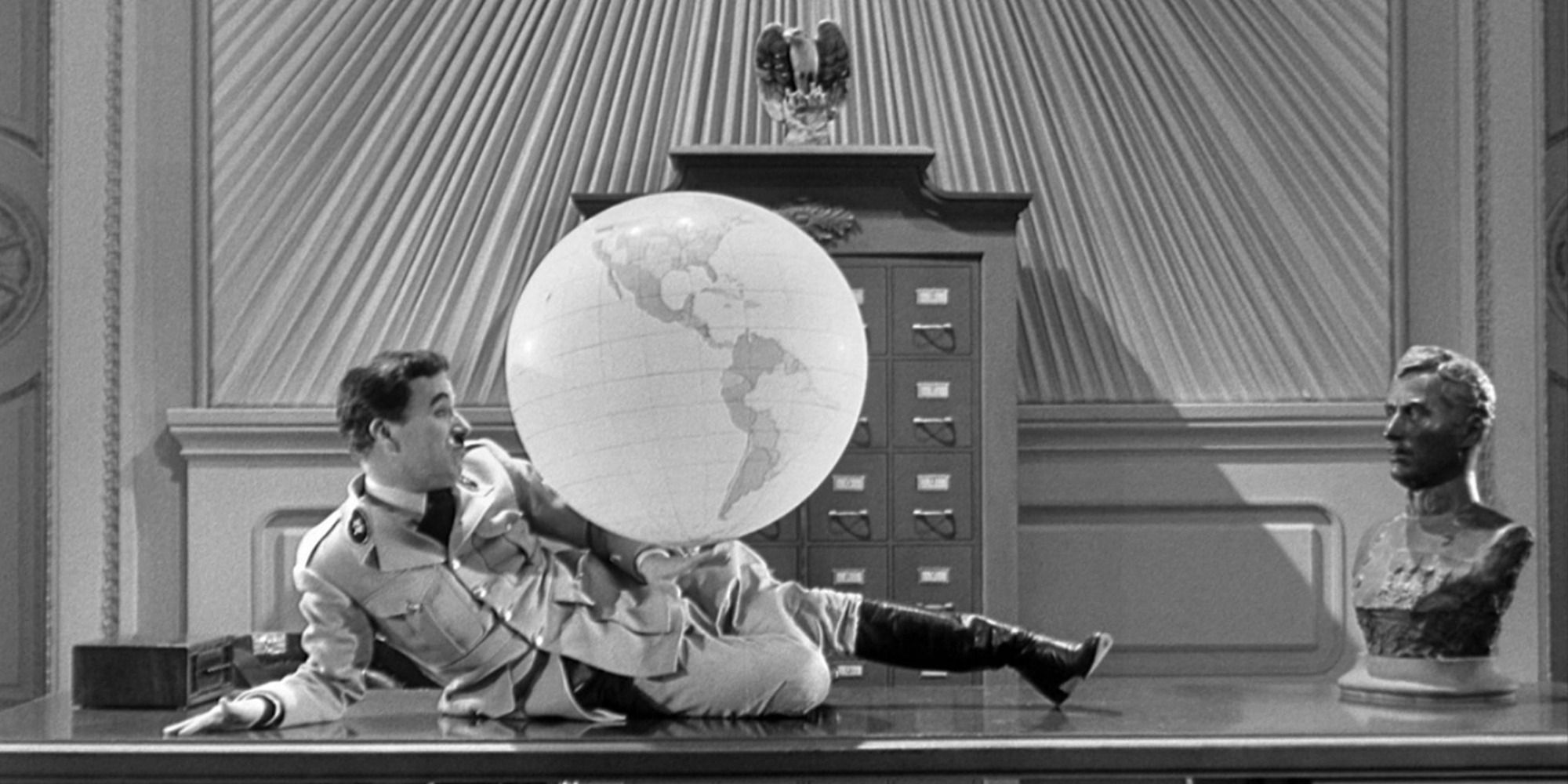
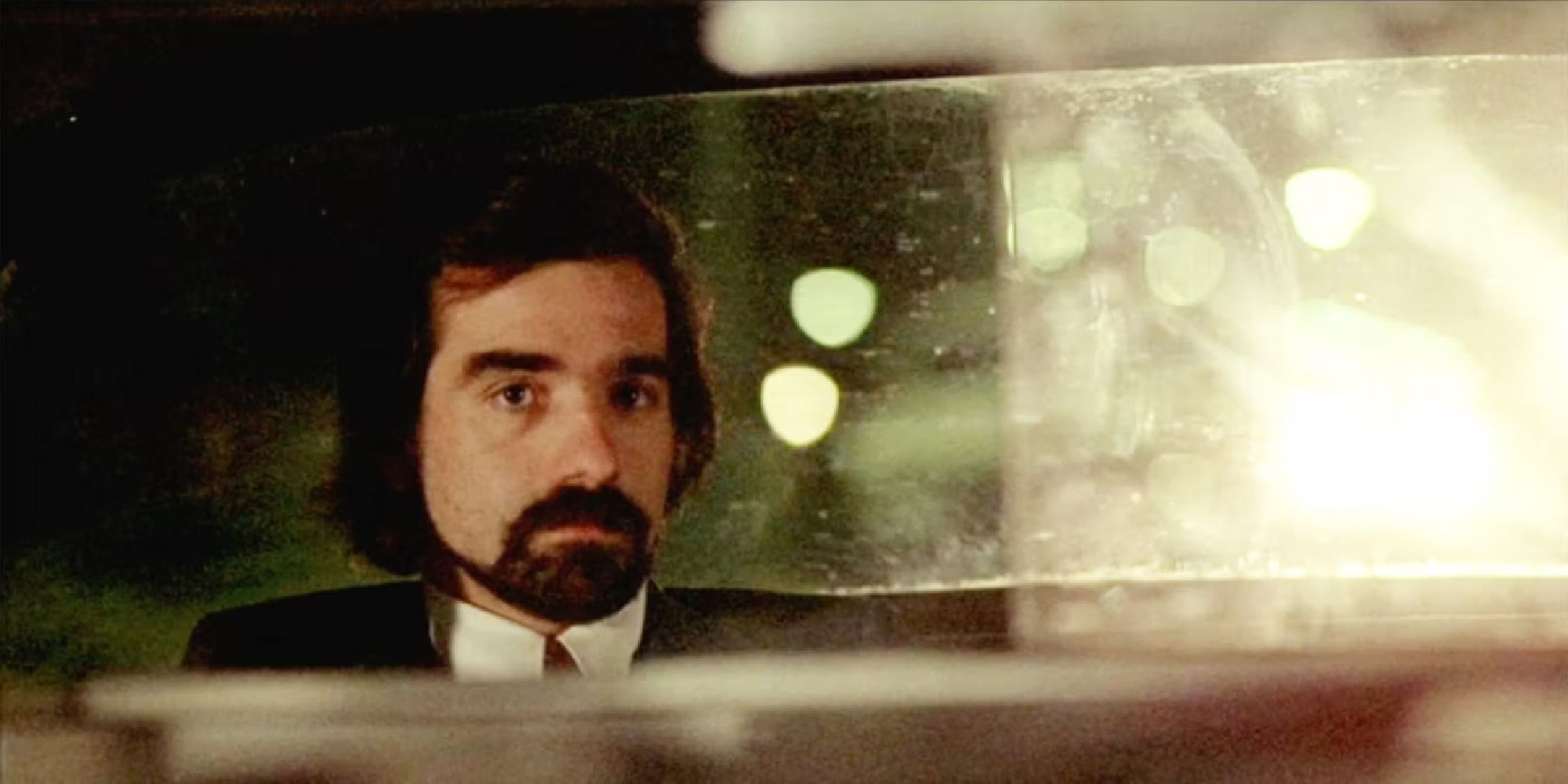
.jpeg)
